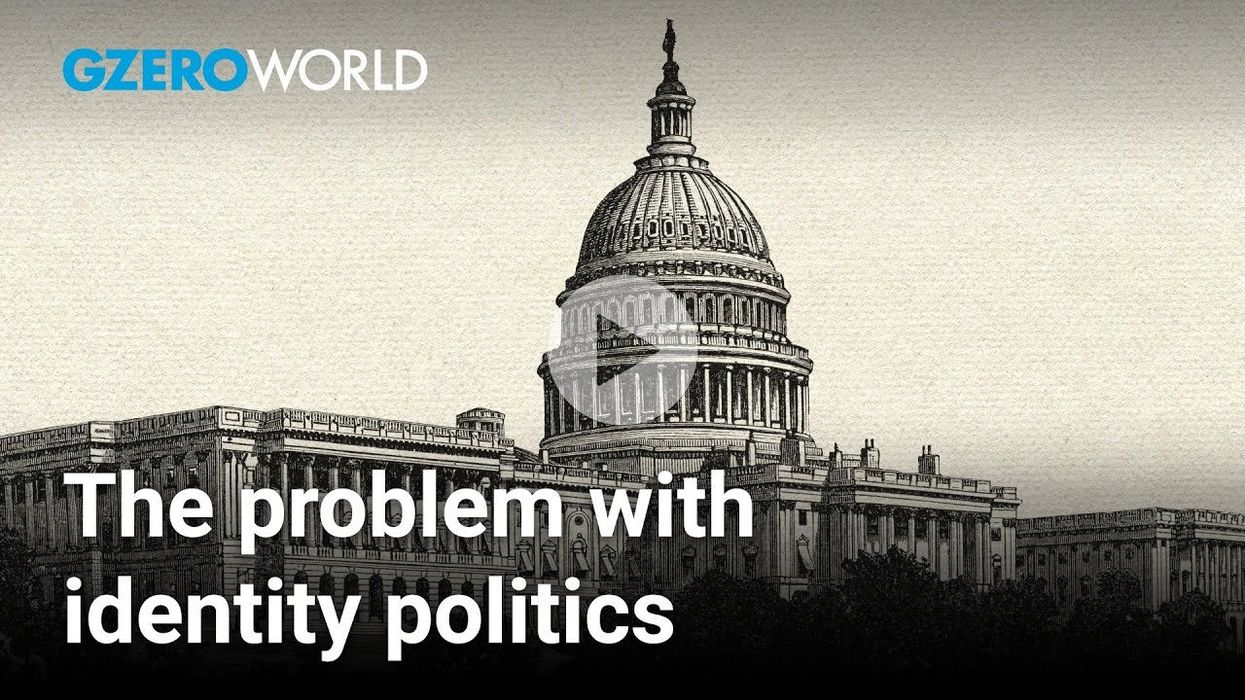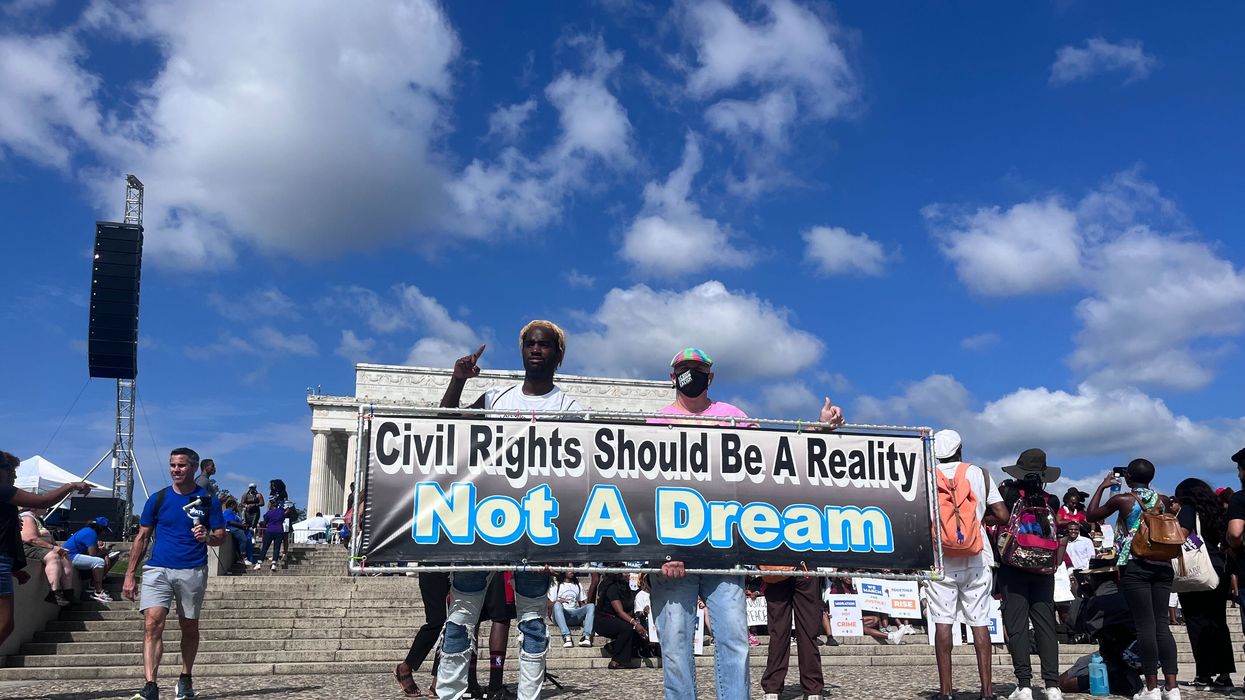GZERO World Clips
Has identity politics distracted us from true inclusion?
Political scientist Yascha Mounk argues progressive ideology about race, gender, and sexual orientation, known as identity politics, has gained outsized power over mainstream institutions in the US.
Jan 24, 2024


